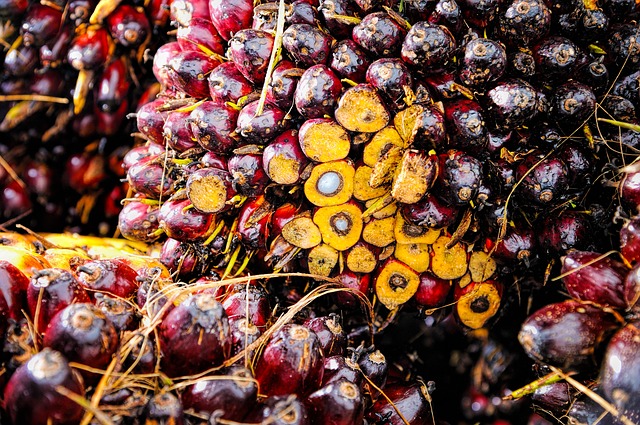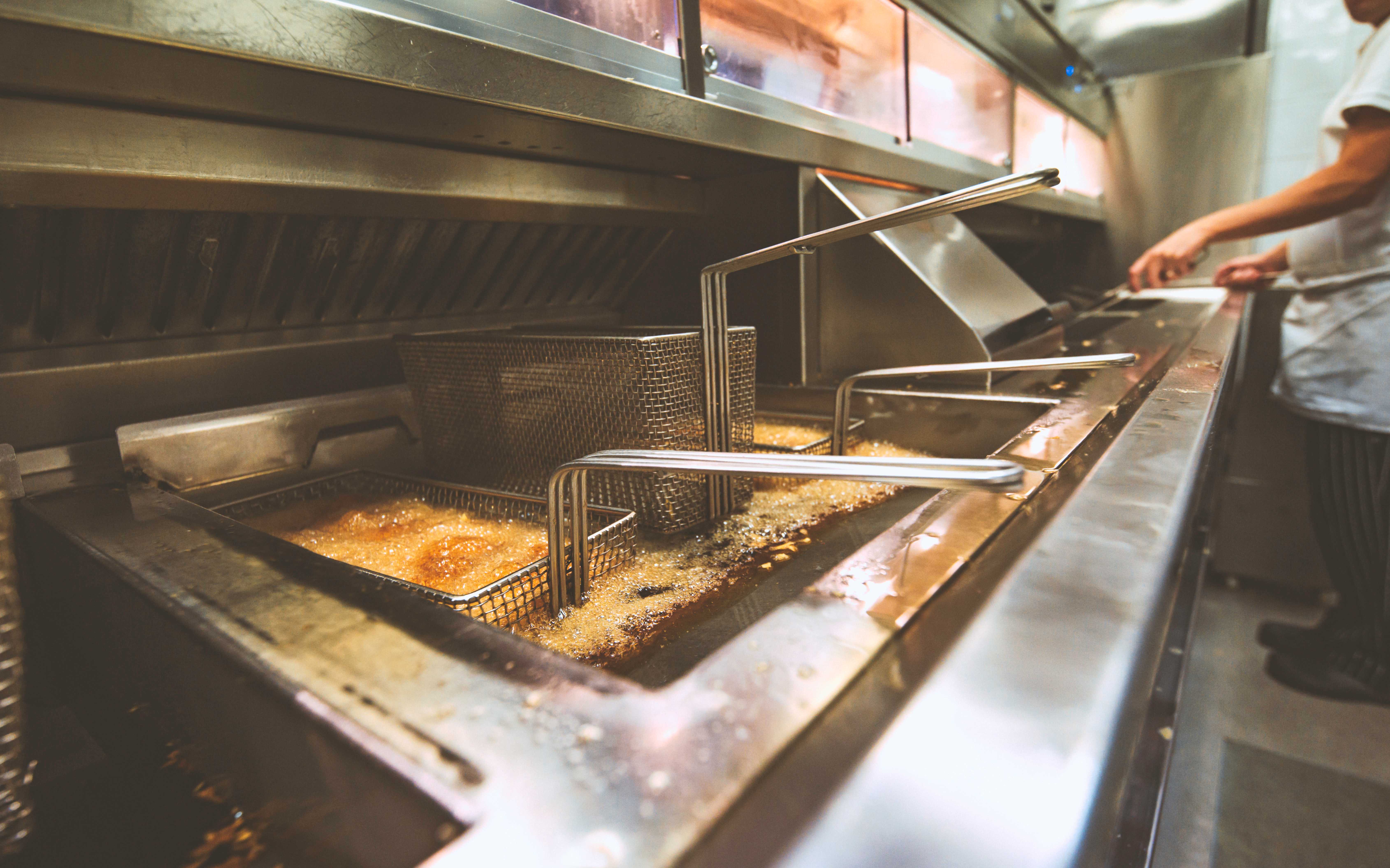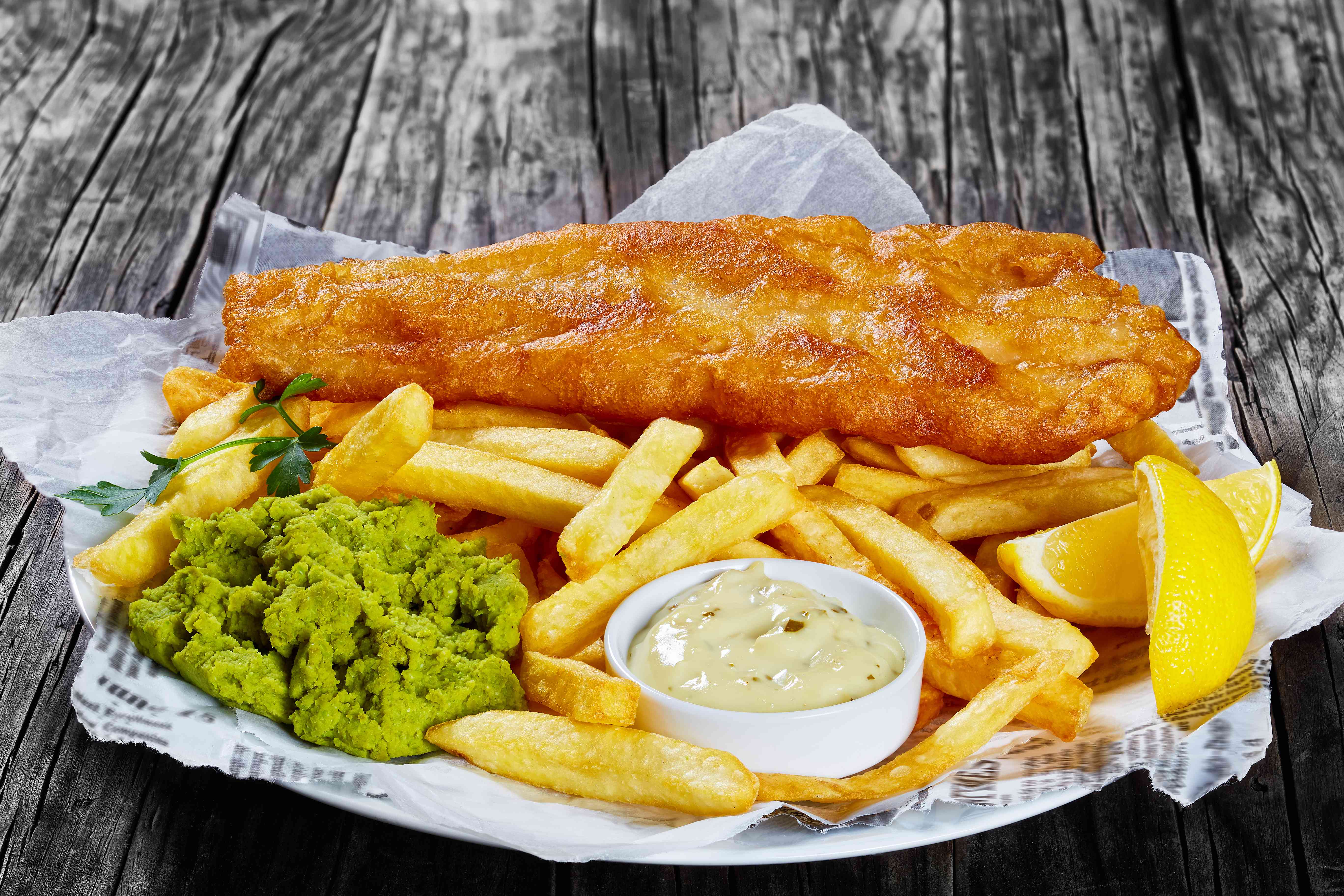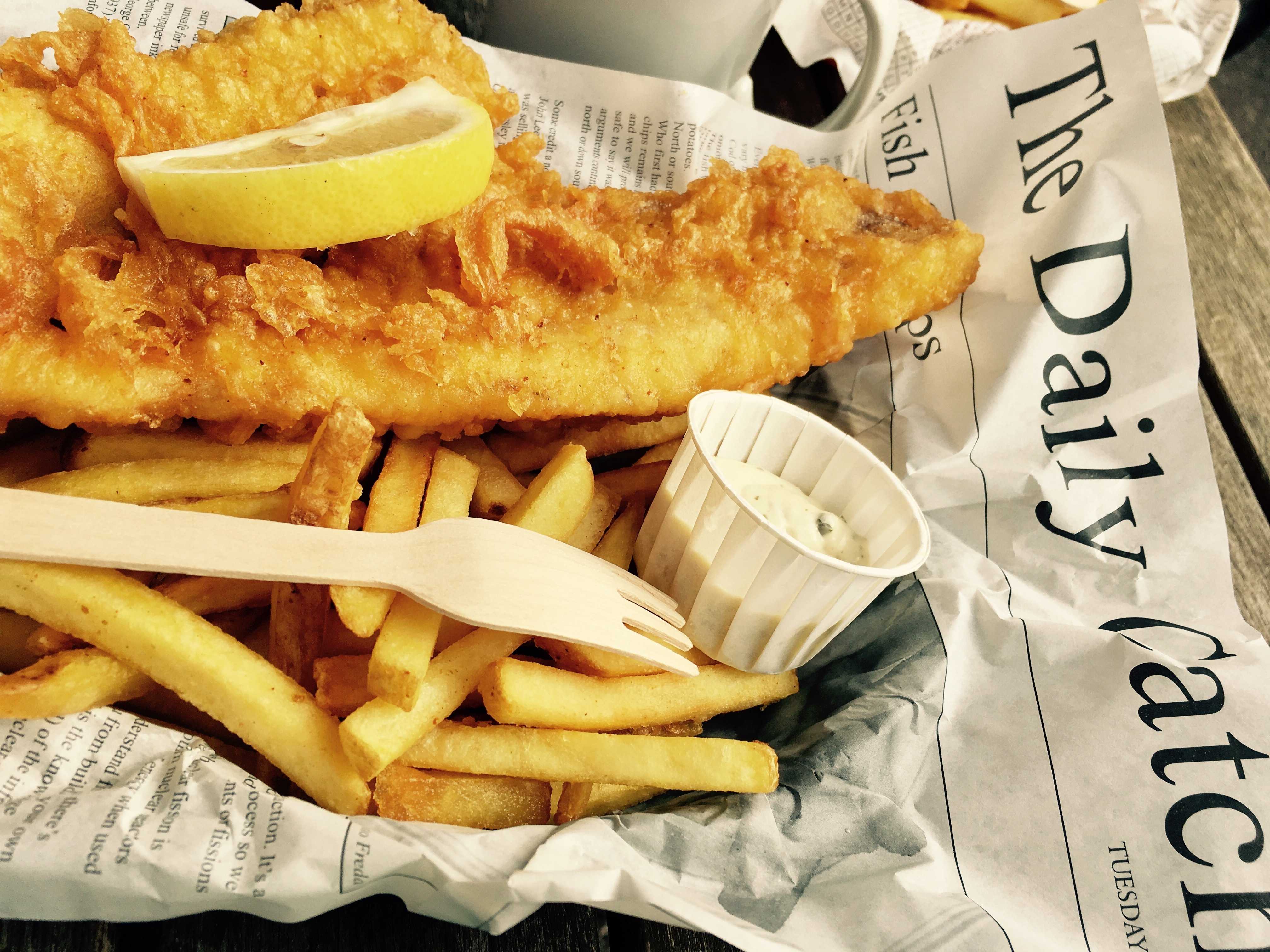With so many people choosing a diet and lifestyle that is completely free of animal products, there is a constant search for alternative products. In some cases, however, alternatives are not strictly necessary, because traditional options remain free of animal products and do not harm animals in their production. Palm oil is used in the production of so many food and lifestyle products that it is virtually impossible to avoid. Knowing this to be the case, people often ask, “Is sustainable palm oil vegan?” Thankfully, provided the oil is produced in line with the principles and criteria of the Roundtable for Sustainable Palm Oil (RSPO), the answer is yes.
What is the RSPO?
Founded in 2004, the RSPO is a not-for-profit organisation that unites stakeholders from the entire palm oil supply chain. These include producers, processors, traders, consumer goods manufacturers, retailers, financial institutions and NGOs supporting related environmental and social causes. The purpose of the RSPO is to develop and implement global standards for the sustainable production of palm oil. It has more than 5,000 members worldwide and is committed to transforming the palm oil industry to be more sustainable and environmentally conscious.
The RSPO recognises that palm oil products need to be sustainable because it cannot readily be substituted. Other vegetables require more land to produce, and are less productive per unit of cultivated land, meaning they would pose a considerable threat to the environment. The best option is thus to ensure that palm oil production is always sustainable and ethical. Sustainable palm oil production will help to fulfil growing global food demand, support affordable food prices, support poverty reduction and job creation, safeguard social interests and protect the environment and wildlife.
The vision of the RSPO includes:
- To advance the production, finance and procurement of sustainable palm oil products
- To develop and implement credible global standards for the entire supply chain of sustainable palm oil
- To monitor and evaluate the economic, environmental and social impacts of sustainable palm oil production principles and methods
- To engage all stakeholders throughout the supply chain
Why do we need sustainable palm oil?
Palm oil is so popular for a variety of good reasons. It has great cooking properties, which it maintains even at high temperatures. It has a smooth, creamy texture and no odour, which makes it a perfect ingredient in any number of foods, including baked goods and confectionary, among others. It is also a natural preservative which extends the shelf life of products. It might certainly be argued that other vegetable oils can serve the same purpose, but the vital fact about palm oil is that it is the highest-yielding vegetable oil crop.
All other vegetables oils require more land to produce. Oil palm trees require half the land that other crops do to produce the same amount of oil. This means that sustainable palm oil production is inherently more sustainable than other vegetable oils. Other options would require the clearing of more forests and the appropriation of vast swathes of biodiverse habitats to produce on the same scale.
Why sustainable palm oil is suitable for vegans
Of course, palm oil itself is completely vegan in its raw form, but what about the way in which it is produced? Are animals not adversely affected by palm oil farming practices? When palm oil is certified as sustainable by the RSPO, this is absolutely not the case. The RSPO audits its producers to ensure their commitment to environmental responsibility, conservation of natural resources and the preservation of biodiversity. In order to attain certification from the RSPO, which is crucial to their commercial viability, palm oil producers must work in ways that respect and preserve the habitats of animals, and that do not infringe on natural forests and other areas of fragile biodiversity. For this reason, when you pick up a palm oil product that is certified by the RSPO, you can be sure it is safe for vegans.
Sustainable palm oil plantations are developed in consultation with local communities, ensuring their permission and buy-in, and even enabling them to benefit from the crops, either directly or indirectly. Under the guidance of the RSPO, palm oil producers choose land very carefully, being sure not to contribute to deforestation or destroy delicate ecosystems.
The RSPO’s guiding principles
The RSPO works according to eight guiding principles:
- Commitment to transparency
- Compliance to transparency
- Compliance with all applicable laws and regulations
- Use of appropriate best practices by growers and millers
- Environmental responsibility and conservation of natural resources and biodiversity
- Responsible consideration of employees, and of individuals and communities affected by growers and mills
- Responsible development of new planting
- Commitment to continuous improvement in key areas of activity
In line with these principles, the RSPO has a list of 40 criteria to which its producers are required to adhere in order to attain certification. The most important of these is the stipulation that no primary forests or areas of high biodiversity can be cleared to make way for palm oil plantations. Other requirements include fair labour practices, consultations with local communities and the reduced use of pesticides and fires.
The RSPO’s principles, criteria and assessment practices are fully endorsed by the World Wildlife Fund (WWF). If palm oil carries RSPO certification, it means that the producer has passed the RSPO’s stringent audits and demonstrated their commitment to environmental responsibility.
Project Mariposa
Frymax is a brand that is thoroughly committed to the principles of the RSPO. All palm oil sold under the Frymax label is sourced from RSPO-certified producers. When you cook with Frymax oil, or buy vegan foods that have been fried in its, you can rest assured that you are consuming a product of environmentally-conscious producers, that is entirely safe for vegans. Frymax also demonstrates its support for the promotion of RSPO principles and their expansion throughout the palm oil industry, through our commitment to projects such as Mariposa.
Mariposa is a crowdfunding initiative designed to promote transformation in the palm oil industry – particularly in the fast growing sector in the Latin American region. The objective of the project is to raise funds to finance sustainability programmes across the continent and allow the palm oil industry to develop into a fully sustainable agri-business.
Many companies in the palm oil sector – such as those from which Frymax oil is sourced – have completely adopted the sustainability practices and principles of the RSPO. For some businesses, however, especially smallholders in Latin America, transformation is difficult and costly. With the support of initiatives such as Mariposa, palm oil producers get the support they need to fulfil RSPO criteria and become sustainable and environmentally conscious.
Frymax and Chester Zoo
In addition to our commitment to sustainable palm oil production, Frymax has also thrown its weight behind projects to mitigate and even reverse damage done unsustainable farming in the past. Chester Zoo works together with a variety of partners, including the British and Irish Association of Zoos and Aquariums (BIAZA), as well as local communities in Malaysia and Indonesia to protect wildlife and rebuild forest habitats. This work enables the restoration of natural habitat for indigenous animals such as orangutans and allows them to thrive. The initiative and its partners have a great deal of influence on various stakeholders in the palm oil supply chain, and work hard to promote the adoption of RSPO sustainability practices.
Chester Zoo even launched a challenge encouraging palm oil producers to commit to 100% RSPO practices. It also informs members of the public about sustainability and encourages them to choose only those palm oil products that are sourced sustainably. Frymax is a proud participant in this initiative.
Where to find products made with sustainable palm oil
Every vegan, whether buying for their home or their business, is extremely alert and conscious about the products they purchase. They need assurances that their products are sustainable and safe. When it comes to palm oil, vegans should always look about for the RSPO trademark. This is a globally recognised ecolabel that proves that the product in question was produced using sustainable palm oil. Producers of goods that include sustainable palm oil can apply for the right to use the trademark via the RSPO’s website. The RSPO trademark is the surest answer to the question, “Is sustainable palm oil vegan?” If you see that mark on the product you are holding, you can safely add it to your shopping basket.






